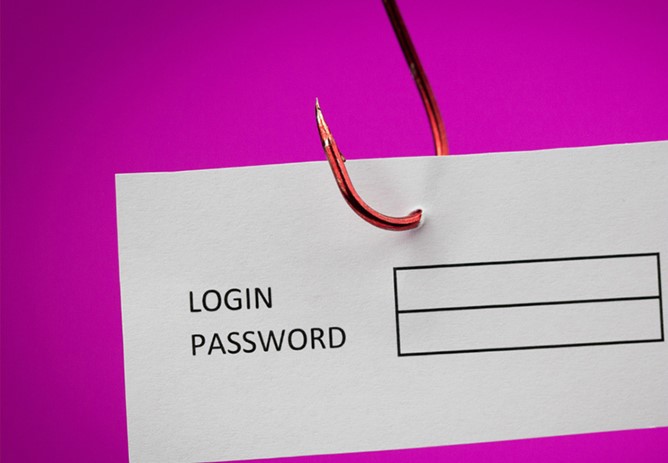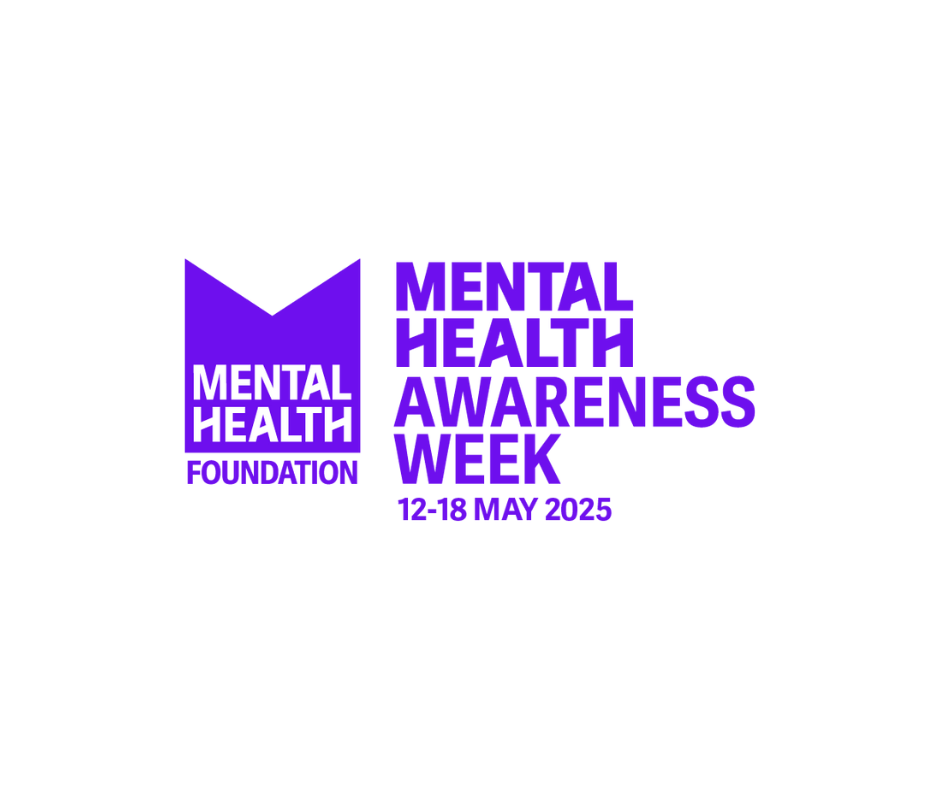17 February 2023
Are you Scam Aware? Ensure your Money Stays Safe!
When you think of criminals, chances are you have a pretty clear image in your mind – chances are in this day and age, that image may not always be true, if there is an image attached to the criminal at all. It’s important to recognise a scam when you come upon one, as many can be quite deceiving and leave you very much out of pocket.
But what is a scam?
A scam is, simply put, a fraudulent scheme that tricks people into parting with their money and/or personal details and passwords. They may pretend to be someone you know; someone you can trust or even a company that you use regularly. So, how can you tell if you’re being scammed or not? Well, Smart Money Cymru are here to help with some tips and advice to avoid being scammed, and what you can do if sadly, you are caught out (as many of us have been in the past!)
NEVER give up personal information over text or email!
A pretty classic scam is when a fraudulent individual sends messages asking for your details. Typically, they’ll pose as a bank, insurer, HMRC or even the police. They are looking for this information with the intention of breaking into your accounts.
These scams fall into two categories:
- Phishing – This is a scam email from someone claiming to be from a company they’re hoping you have a connection with, for example, PayPal claiming you’ve been locked out of your account and they need your details to confirm it’s you. Clicking the link will take you through to a professional-looking website, typically a mirror image of the one they’re attempting to replicate, and you will be asked to insert your personal details. NEVER click a link in an unexpected email or open an attachment unless you’re 100% sure of it. If you are unsure, most companies now have an email address you can forward these ones to and they will confirm whether or not the email is a scam.
- Smishing – This is the same as phishing only over text. Sometimes with these it can be difficult to tell as to whether you’ve received a scam or spam texts from the company sending sales messages. A spam text should give you the option to send “STOP” to prevent further messages however. BUT, if it is a scam text however, texting back is not recommended as you will be validating that they’ve texted a legitimate number, often prompting them to send more – much like with emails, companies often have a number you can forward the messages to, to report them! After that, delete the message and move on.
Beware fake dialling tones!
Vishing is a growing issue in the UK – many often receive countless calls a week from fake numbers pretending to be banks, insurers, police, HMRC, utilities- you name it, all asking for one thing: your personal details or passwords. Don’t give them, legitimate companies will never ask.
Even worse, many will also often pretend to be scam protection calls. So, what do you do?
If the call is unexpected, always say you’ll call back. Legitimate companies won’t mind this. When you do, don’t use the number that dialled you either – go and find the company’s official number and call that, stating about the call you received and when. However, sometimes, not even that may work.
Many scammers use an increasingly common trick nowadays called “fake dialling tones.” This is when the scammer will actually not hang up when you do, and when you call back, they’ll still be there on the other side of the line, playing a fake dialling tone to act like you are dialling them, and not the number you wanted to. If you’re suspicious in any way, take one of three precautions…
– Call from another phone.
– If using the same phone, call a friend first – if ‘the bank’ answers, you know they’re using a fake dialling tone. (And it will be nice and embarrassing for them to boot.)
– Wait a decent time before calling – say you’re at work and can’t call back right away, for example.
Know the Tells
Scammers often have “tells” that can help you figure out if they are genuine or not. Here are some to be mindful of:
- Rushing you – you should never feel you have to make a decision right away with anything, most of all if it concerns your money! Even if it isn’t a scam, take some time to think about what you’re going to do first!
- Poor grammar and spelling mistakes are hallmark tells that an email or text isn’t genuine. Heed them.
- If someone you’ve never met asks you to send them money. Very common on dating sites!
- Job adverts that ask you to send money in advance – can’t say we’ve ever been asked to pay our employer before starting our jobs…
- Unsolicited calls to help fix your computer or software are very rarely genuine and if they are, cold calling is best discouraged.
- Cryptocurrency ads on Facebook – these are banned, and therefore any that slip through are not genuine.
Don’t fall for fake deals!
Many fake deals often appear on feeds and messages nowadays – for example, people giving away free or selling sold out tickets over Facebook or WhatsApp.
Know the source! Do you trust the person giving you this information? Are you certain that it is that person – is there a way you can check other than messenger or WhatsApp that it is?
Even if you think you’re reading a genuine article from the Independent or the Guardian perhaps, think about whether you went directly or clicked a link – when uploading a link to a website, there are many options to change how the link appears – why not try clicking this one to find out?
https://www.smart-goods.co.uk/
Ensure you have antivirus software on your PC (and phone!)
There is plenty of free software out there to protect your computers, and whilst they’re not as fully featured as paid-for software, they are far better than nothing. And remember, if you don’t own an iPhone, your android is still very much vulnerable to viruses too!
The safest way to pay is with a credit card or debit card!
Now, whilst we at Smart Money Cymru don’t condone long term credit debt, paying with a debit or credit card gives you far more protection than the alternative! As long as you’re being responsible with your money when using a credit card.
Credit cards are covered by Section 75 protection which means if goods cost £100 to £30,000 then by law the credit card firm is jointly responsible. All other plastic transactions are covered by Visa, Mastercard and Amex’s chargeback protection rules. This way if you pay and it’s a scam you have a way to try to get your money back through the card firm.
PayPal also offer protection too, so if you are paying through your bank, we highly recommend linking it to a PayPal account – their Buyer and Fraud Protection guarantees that “if your eligible purchase doesn’t arrive, or doesn’t match the seller’s description, (they) can reimburse you.”
For more, look out for our next blog which will help you in recognising if you’ve been scammed or not, and what to do if you have! Smart Money Cymru are here to help you become more money smart, in all terms.






